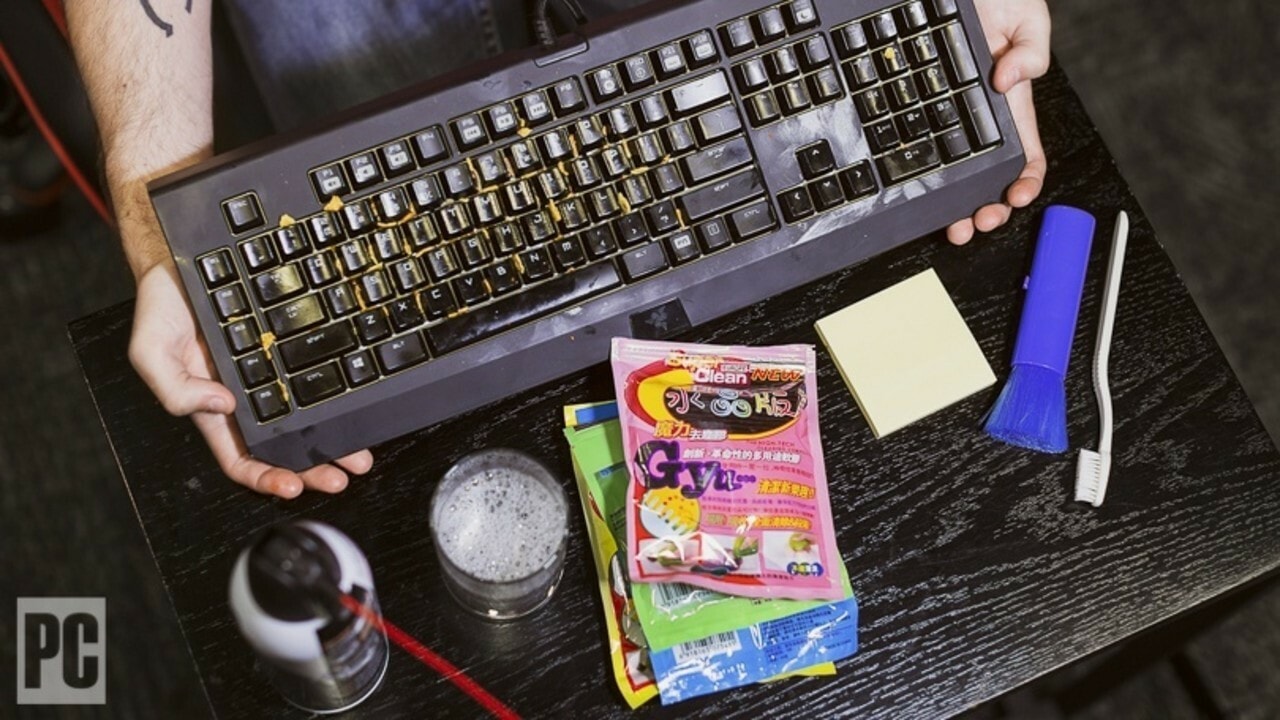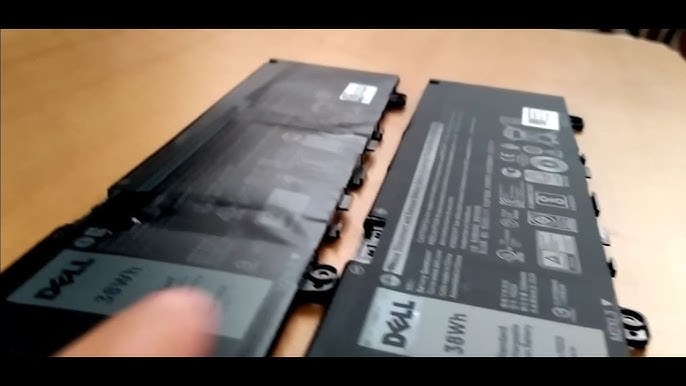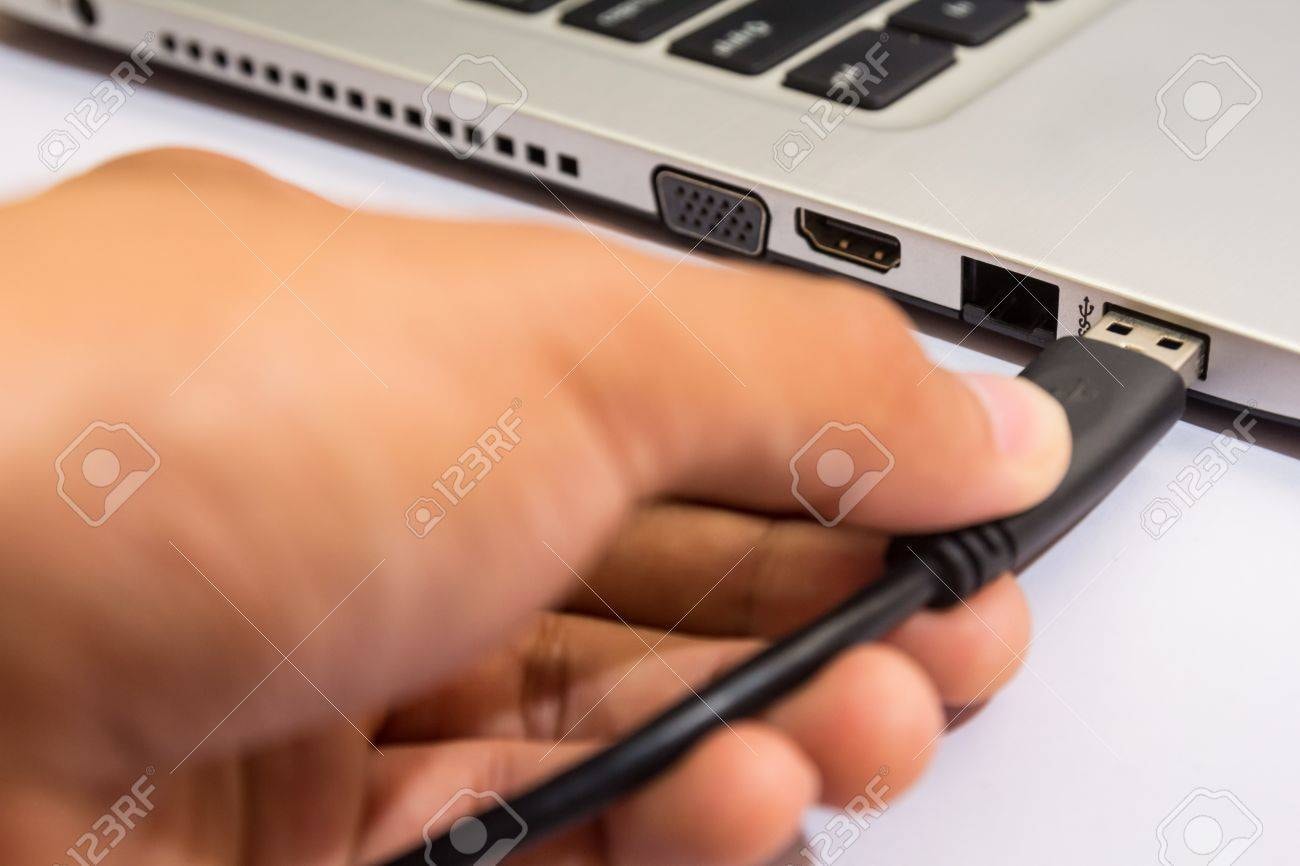7 Bad Habits That Are Ruining Your Computer
In fact, there are many bad habits that we accidentally fall into while using the computer, and these habits are silently "destroying" your computer over time.
Nothing lasts forever, especially technology devices, but if you know how to use and maintain them, your computer can last for many years.
However, if your computer frequently crashes sooner than expected, it's possible that your own unintentional habits are contributing to shortening its lifespan.
.jpg)
Here are some common mistakes that can silently kill your computer without you even knowing it.
1. Ignore the overheating problem
Heat is a computer's worst enemy. When it gets too hot, the processor can automatically reduce performance to control the temperature or even suddenly shut down to protect the hardware.
Operating at high temperatures for long periods of time can reduce the life of your processor, fans, and battery, not to mention making your computer noisy and hot to the touch.
How to prevent computer overheating:
- For desktop computers:Keep your case well ventilated by ensuring that vents are unobstructed and that the fan system is running efficiently. Avoid placing your case in enclosed spaces where heat can accumulate.
If you are overclocking, keep a close eye on your voltages and temperatures to avoid putting too much stress on your hardware. Regularly monitoring your CPU temperature is a good habit to keep your machine running smoothly.
.jpg)
- For laptops:Laptops require extra care because their portability can lead to bad habits. Avoid leaving them in hot places, like in a car in the sun, or on soft surfaces like blankets or pillows that can block the cooling airflow underneath.
Instead, place your laptop on a flat surface where the rubber feet can slightly raise it for better heat dissipation. If you frequently use your laptop on the bed or sofa, a cooling pad will help keep your system cool.
2. Allows dirt and liquids to freely penetrate
Over time, all computers accumulate dust, which increases component temperatures and causes fans to work overtime. Regular cleaning will help, but it's more important to prevent dust from getting in the first place.
Factors that make your computer dirty faster:
- Cigarette smoke and pet hair can cause dirt to accumulate more densely, causing the cooling system to operate less effectively.
- Placing your desktop directly on the floor causes it to attract a lot of dust, hair, and small debris inside. If you have carpet on your floor, you may even accidentally block the power supply fan.
Therefore, you should place the computer on a desk or a suitable stand, and use a dust filter on the exhaust fan to minimize dust infiltration.

You should also avoid eating or drinking near your computer, or at least be careful when doing so. Bread crumbs stuck under your keyboard are not only unsanitary, but can also jam keys or damage switches. And you’ve probably heard the unfortunate stories of laptops being destroyed by a cup of coffee spilled on the keyboard.
Even seemingly harmless actions like wiping your screen can be risky. Never spray cleaning solutions directly onto the screen, as the liquid can seep into cracks and cause damage.
In particular, cleaning solutions that are too strong can damage the protective coating on the screen. Instead, use a microfiber cloth, spray a small amount of cleaning solution on it and wipe gently.
3.Using laptops carelessly
Unlike desktop computers that can sit comfortably in the office, laptops are subjected to all sorts of bumps, shakes, and careless handling. The more careless you are with them, the more likely you are to damage a vital component.
In fact, many people pick up their laptops by the screen, open the hinges from one side with too much force, and even throw them on the sofa as if they were a pillow.
.jpg)
Some people even use the back of their laptop as a coaster for their drinks. These habits can cause premature wear on hinges, cracks in the case, or loose internal components over time.
If your laptop still uses a hard drive (HDD) instead of an SSD, physical shocks like strong vibrations or knocks while the drive is running can dislodge the read head or even cause it to touch the surface of the platter, causing data corruption. While this is not a common occurrence, when it happens, the consequences can be serious, especially if you haven’t backed up important data.
4. Improper use and maintenance of old batteries
Over time, laptop batteries will gradually degrade after a few years of use. While this degradation is inevitable, if you regularly let your battery drain to 0% before recharging, the process will happen significantly faster.
To extend the life of your battery, charge and discharge it regularly instead of letting it run out completely before plugging it in. You can check your battery health in Windows to track your charging history and adjust your usage habits accordingly.
Don't worry, though, letting your battery run down occasionally, like when you're working on a plane, won't have too much of an impact. But in the long run, charging your battery regularly will help maintain its lifespan better.

If your battery begins to swell, creating gaps between the battery plates or pushing against the laptop case, stop using it immediately and replace the battery safely. Continued use of a swollen battery can pose a serious fire or explosion risk.
When it comes time to replace your battery, don’t be tempted by cheap knockoffs floating around on eBay or other obscure sources. Choose genuine batteries from the manufacturer or from reputable stores.
A poor quality battery can not only be weak, but also pose a fire risk. The same goes for the charger, use the original charger or, if your laptop charges via USB-C, make sure to use a certified charger to avoid damaging your device.
5. Not paying attention to electrical safety
Computers consume a large amount of electricity and are susceptible to damage from power surges, which can occur after a power outage, when other high-power devices in the home are turned on, or due to an unstable power grid.
Your computer's power supply has some basic protections, but if you want more long-term protection, you should invest in a UPS, with battery backup that protects against sudden power outages and can help mitigate small voltage spikes and prolong the life of your computer.

Laptops require even more care because of their portability. Desktop power cords are usually fixed, but laptop power cords are subjected to a lot of stress from being moved, through tight spaces, pulled out of sockets, or even twisted during use.
Not only does this make the cable less durable, it also poses a fire hazard. So always unplug the charger from the outlet, rather than pulling on the cable. If you notice frayed cables or exposed internal wiring, replace them immediately to avoid potential hazards.
6. Stretchpower cable and cableconnect
While damaging a USB port or cable isn't as dangerous as mishandling a power adapter, it can still cause serious and unnecessary damage to your computer.
If you're using external devices like USB sticks or portable hard drives, be careful not to bend or force them. With the high-end USB-C ports on today's laptops, you don't want to accidentally damage an important port.

Charging cables and connecting cords also need to be properly stored. Constantly bending or flexing the cable too much can break the internal connections, leaving the cable unreliable or useless.
Also, keep the cable away from children and pets, a bite from a pet can damage the insulation and even cause danger when using. When storing, do not wrap the wire too tightly to avoid breaking the inner core.
7. Browsing the web without protection
Many people believe that simply being careful while surfing the web is enough to avoid malware, but the reality is that it's not that simple. Even legitimate websites can be infected with malware and spread viruses without you even knowing.
Here are some basic security principles you should follow when surfing the web:
- Update operating systems and software regularly to patch security holes.
- Use a password manager and don't use the same password for multiple websites.
- Learn how to recognize phishing websites and avoid clicking suspicious links.
- Do not download pirated software, as this is a common source of virus infection.
- Secure your home Wi-Fi with a password using the WPA2 or WPA3 security protocol to prevent intrusion by bad guys.






